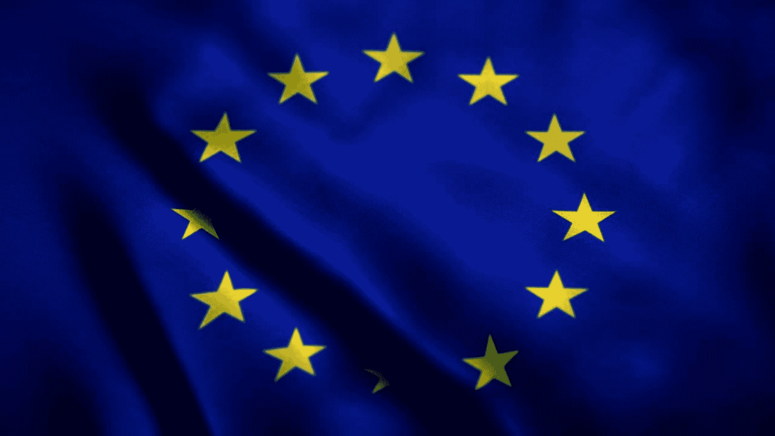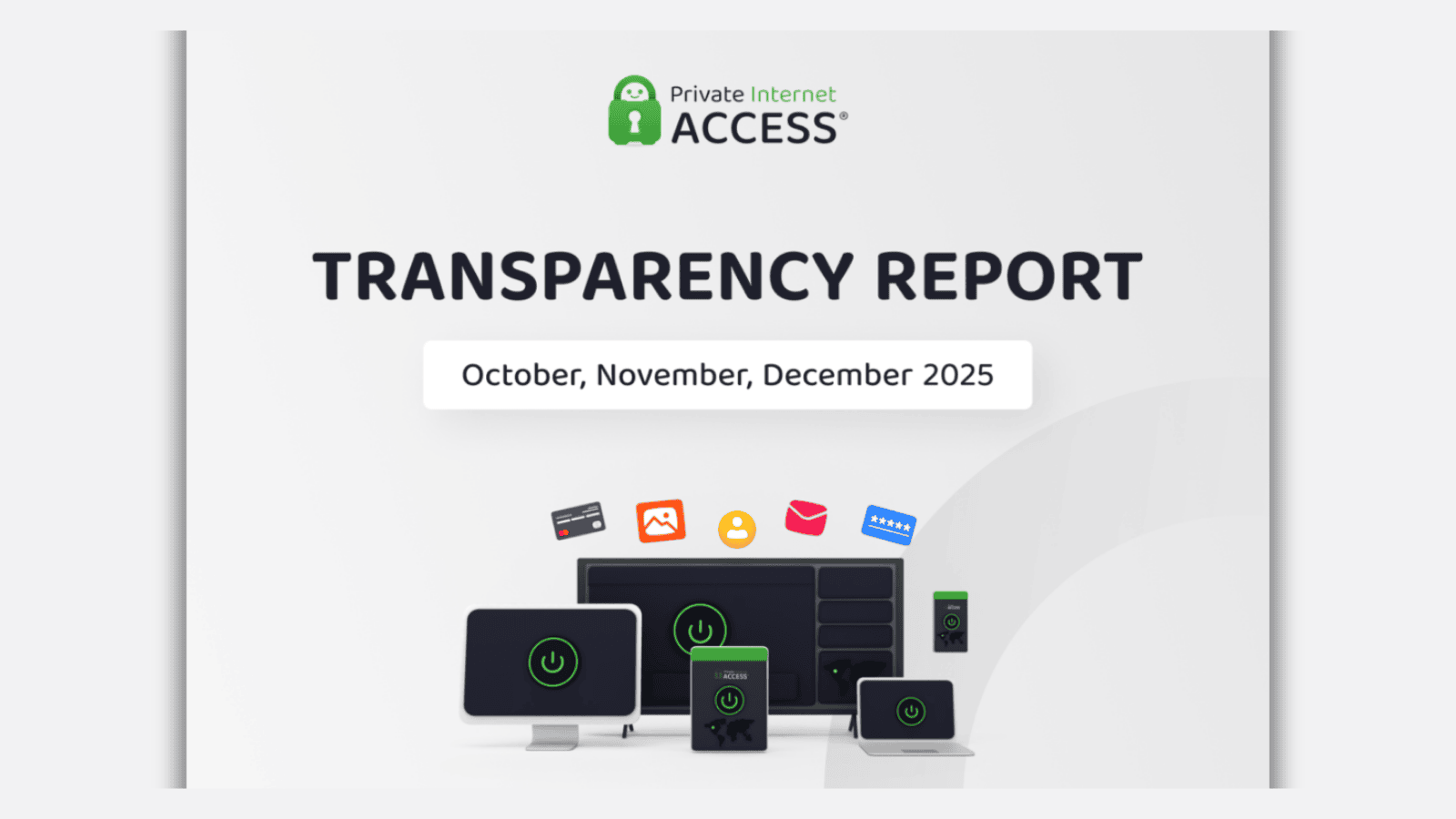
EU Council Revises Chat Control Proposal, but Critics Warn of Future Risks
- Mandatory Scanning Removed: Council drops compulsory scanning but leaves provisions enabling future surveillance expansion.
- New Scanning & Blocking: AI-based content checks and state-level blocking systems raise privacy and censorship concerns.
- ID & Encryption Risks: Age verification, ID checks, and repeated reviews could threaten encryption and anonymity.
The European Union’s Council of Ministers has reached a common position on the long-debated Chat Control legislation, marking a significant revision after nearly three years of negotiations. The Council has dropped the controversial requirement for mandatory scanning of all digital communications, including those protected by end-to-end encryption, a move widely viewed as a major victory for privacy advocates.
However, experts and civil society groups caution that the new position still lays important groundwork for future mass surveillance across the bloc.
Background: What the Council Decided
The Council’s updated proposal removes the push for mandatory content scanning of private communications. This means that encrypted messaging services, such as WhatsApp, Signal, and others, will not be obligated to scan user content by default.
But while the most intrusive element has been removed, the Council’s text introduces several measures that observers warn could evolve into broader surveillance in the coming years.
The Council’s proposal now moves into trilogue negotiations with the European Parliament, with the European Commission facilitating talks. Parliament has previously taken a firm stance against mass surveillance, insisting on:
- No scanning of private communications without suspicion and a court order
- No mandatory ID or age verification requirements
- No censorship of legal content
Civil liberties groups are urging Parliament not to compromise on these points.
Council Proposal Raises Concerns About Future Surveillance
1. Voluntary Scanning and Age Verification
The Council’s version includes voluntary scanning by platforms but uses vague wording that may pave the way for:
- Age verification systems
- Mandatory ID checks, even on encrypted services
- Expanded scanning capabilities in later revisions
A clause in the proposal mandates that the requirement for mandatory scanning be reconsidered every three years, raising the possibility of renewed pressure for compulsory surveillance in the future.
2. AI-Based Scanning of New Material and Grooming
The proposal introduces a new type of scanning aimed at detecting “new material” and grooming behavior. This involves:
- AI systems scanning texts, images, and videos
- Human review of flagged content at a new EU center
- Cooperation with U.S.-based tech companies
Privacy advocates argue that such systems will generate large numbers of false positives, putting ordinary users’ private content under scrutiny without suspicion or court authorization.
Europol has already expressed interest in broader scanning powers, including access to material that is not illegal, raising further concerns about potential expansion.
New Infrastructure for Content Blocking
A key part of the Council’s proposal is the creation of a new EU-wide infrastructure for blocking online material. Under this system:
- Each member state can issue a blocking order based on what they consider illegal
- Content legal in one country could be blocked for users in another
- The model may open a pathway toward wider forms of censorship once the structure is in place
A separate large-scale EU center is already being established to support these efforts.
Critics Say Chat Control Still Threatens Encryption and Anonymous Speech
Digital rights groups warn that the proposal continues to chip away at private and secure communication, especially when combined with parallel initiatives like ProtectEU, which critics see as a rebranded effort to weaken or ban encryption.
The push for mandatory age verification and ID checks could also undermine anonymous communication online, a vital tool for:
- Whistleblowers
- Journalists’ confidential sources
- Citizens criticizing authoritarian governments
Advocates argue these systems could silence vulnerable users and compromise personal safety.
What Comes Next
The trilogue phase, negotiations between the Council, Parliament, and Commission, will determine the final form of the legislation.
Privacy advocates emphasize that the Council’s proposal still leaves open multiple pathways to future mass surveillance, including periodic attempts to reintroduce mandatory scanning. They call for the European Parliament to maintain its earlier stance and reject any measures that undermine encryption, privacy, or the right to anonymous communication.
As the debate continues, the larger question remains: Can the EU strike a balance between child protection and fundamental digital rights, without paving the way for widespread surveillance?
The coming months of negotiations will be decisive.













